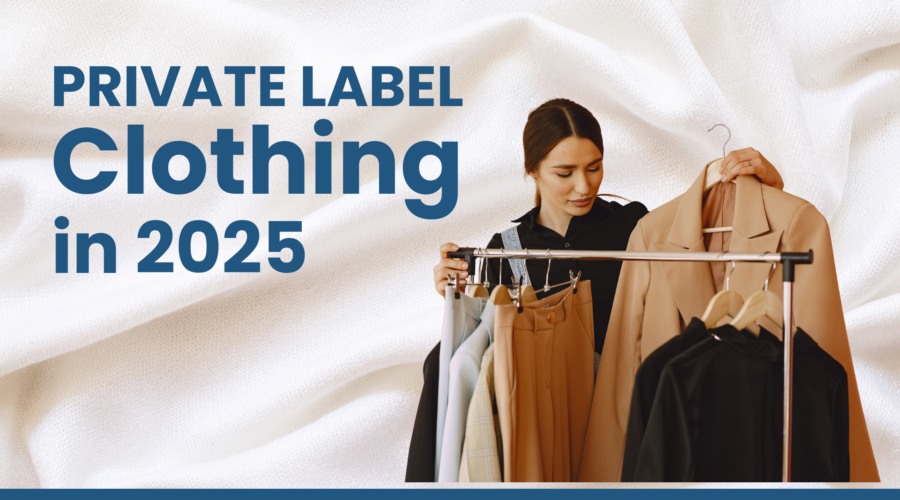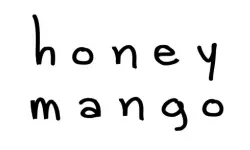Private Label Clothing: A Game Changer in Wholesale
Businesses’ approaches to the wholesale fashion market are changing as a result of private label clothing. Retailers are looking for ways to stand out as consumer preferences change and competition gets fiercer, and private labeling provides precisely that. Private label apparel enables companies to increase identification, customer loyalty, and profit margins by allowing them to customize designs and manage branding and pricing.
We’ll look at why private label apparel is becoming more popular, how to get started, and what makes it such a successful tactic in 2025 in this blog.
What is Private Label Clothing?
Clothes made by a third-party provider and marketed under your own name are known as private label clothing. Private label gives you control over product design, labeling, packaging, and frequently pricing, in contrast to standard wholesale clothing, which involves reselling pre-existing branded items. Without the high expenses of in-house production, this strategy allows smaller businesses to compete with major fashion labels by creating a distinctive character.
Why Private Label Clothing is Booming in 2025?
A few key trends are driving the expansion of private label clothing in the wholesale market: Demand for Unique Products: Generic fashion is no longer what consumers desire. Private labels satisfy their want for something that embodies who they are.
Brand Loyalty: When consumers purchase a private label product, they identify the brand with you rather than a competing one.
Greater Profit Margins: Private label products frequently have higher profit margins because you aren’t paying for a brand name.
Flexibility & Control: You have complete control over the finished project, from choosing fabrics to modifying designs.
How to Start a Private Label Clothing Brand?
Determine Your Niche
Focus on a certain fashion category: activewear, sustainable apparel, plus-size fashion, streetwear, etc. Building a focused branding and marketing strategy is facilitated by narrowing down.
Locate Trustworthy Wholesale Vendors
Make use of websites such as Alibaba, Faire, or local independent makers. Look for providers with low minimum order quantities (MOQs) and the flexibility to add bespoke tags or branding.
Create and Market Your Line
Starting a clothing brand doesn’t require you to be a designer. Many suppliers provide templates you can change. Pay attention to visual coherence; your brand narrative should be reflected in your labeling, packaging, and logo.
Benefits for Wholesale Retailers
When selling private label apparel, retailers frequently encounter:
Brand Development: As your name is linked to excellence, clients come back for your distinctive products.
Decreased Competition: You’re competing more on value and less on price because you’re not reselling mass-market goods.
Long-Term Scalability: Private labels have the potential to develop into well-known fashion companies with devoted followings.
Conclusion
More than simply a wholesale fad, private label clothing is a game-changing business concept that aids fashion shops in standing out from the competition, increasing revenue, and forging closer bonds with their clientele. Private labeling provides a distinct edge that is impossible to overlook in a market where differentiation is more important than ever.
For the best deals, visit Supplier Central and Wholesale Central.



